Dr Jill Nash writes for The Conversation about the need to educate young people about the risks of drowning, and shares her advice for helping to keep them safe…
Five ways to keep teenagers safe by the water
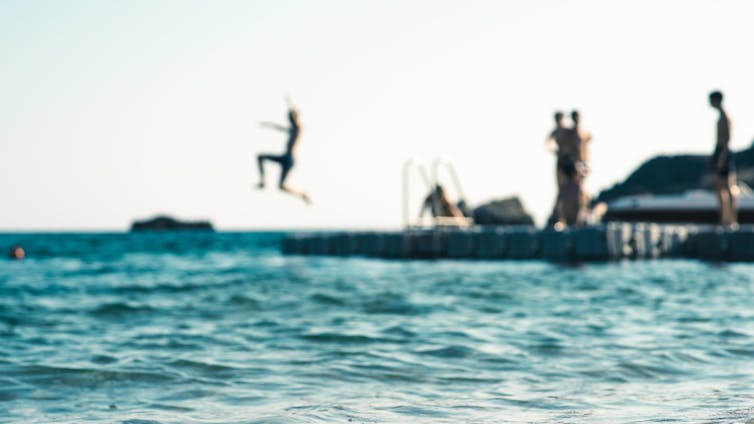
Jill Nash, Bournemouth University
As temperatures soar around the UK and Ireland due to climate change, warnings about the dangers of drowning are being issued and one Labour MP is calling for water safety lessons to be made compulsory in schools.
Teaching children to swim is essential, but it’s not enough to save them from drowning. Water safety is about judgement, impulse control, peer influence and understanding your limits. Peer pressure, social situations and a false sense of confidence can all put young people in danger.
My research highlights how we’re not talking enough to young people, especially teenage boys, about the emotional and cognitive risks of making decisions around water. The National Water Safety Forum reports that young males aged between 10-19 are one of the highest groups at risk from drowning, as they assert their independence and test personal boundaries.
Drowning happens quickly, often without adults watching, when kids are hanging out by rivers and lakes, tombstoning off bridges, or misjudging their abilities when trying to impress friends.
Get your news from actual experts, straight to your inbox. Sign up to our daily newsletter to receive all The Conversation UK’s latest coverage of news and research, from politics and business to the arts and sciences.
Leading water safety organisations like the Royal National Lifeboat Institution (RNLI) and HM Coastguard run education campaigns about the dangers of the ocean. The Canal & River Trust, the UK’s largest canal charity, recently developed a school education pack for teenagers highlighting water safety.
Parents can also shape how teens interact with water. In Nottingham, the charity called Open Water Education Network was founded in memory of Owen Jenkins, a 12-year-old boy who drowned while trying to save two girls in difficulty. As well as teaching young people about the dangers of open water and the importance of self rescue, this charity empowers parents to talk to teens even if they seem to ignore parental advice.
Talking to teenagers about safety isn’t easy. Here’s how to do it in a way that’s honest, effective and grounded in care.
1. Talk just before they go
Rules work best when they’re short, consistent and repeated. Before a trip to the beach or river, take five minutes to remind your teen of your family’s water safety rules. Repetition builds habits. Remind them not to swim after dark or alone and explain what to do if someone’s in trouble (call for help, don’t jump in).
2. Share real-life stories
Stories help bring home the reality of water risk, especially for teens who can feel invincible in an all-male group without any supervision. While on a lads holiday on the Northumberland coast, 16-year-old called Evan saved himself from drowning in a rip tide by laying on his back to stay afloat. Eventually, a surfer managed to paddle out and reach him, and an rescue lifeboat also came to the scene. Evan recovered after treatment in hospital for hypothermia.
Another heartbreaking story of Liam Hall, a teenager who drowned while out in a dinghy with friends in Sunderland, demonstrates how quickly things can escalate in the sea.
Not all stories end in tragedy. A group of teenagers from East Sussex made the life-saving decision to stay out of the water, using a life ring to help two swimmers in trouble, proving that staying on shore can save lives.

oneinchpunch/Shutterstock
3. Discuss group dynamics
Female teens can play a powerful role in promoting water safety, especially in mixed-gender peer groups where social dynamics can significantly influence behaviour. Research shows that all-boy groups are more likely to engage in risk-taking activities. When girls are present, especially those who feel confident speaking up, risky behaviour often decreases.
Parents can empower girls to speak up if someone suggests swimming in dangerous conditions or places and promote safety strategies like the RNLI’s “call, tell and throw” approach. By reinforcing these behaviours, teen girls can become leaders in lifesaving culture, not only keeping themselves safe but influencing their peers to make smarter choices too.
4. Deflate false sense of confidence
Stick to the facts and be honest about the dangers. Drowning can happen within seconds, even when someone is a strong swimmer. Most drownings occur in open water, not swimming pools. Teenagers need to understand how the effects of cold water shock, fast currents and submerged objects can quickly turn a fun day into a fatal one.
5. Make brave choices
Teens don’t drown because they’re bad swimmers. They drown because they made a poor decision in a high-risk moment. Teaching safety early (before they start taking unsupervised risks) helps shape smarter thinking later.
Parents can model care, calmness and emotional awareness. Show them that bravery isn’t about bravado. It’s about looking out for your mates and making good choices. Fathers can play a powerful role in framing what strength looks like. Research shows that fathers who show empathy and emotional intelligence teach children how to be resilient during high-pressure moments. Emphasise that calm decision-making when in danger or choosing not to jump into the water under peer pressure doesn’t make a boy weak. It makes him wise. Talk to your sons about how real masculinity means thinking clearly, not reacting emotionally.
Teenagers can feel invincible. Be honest. Tell them you love them and that you trust them to make good decisions. Talking about safety is one of the most powerful things a family can do. Water safety begins at home with all of us.
Swimming, sailing, even just building a sandcastle – the ocean benefits our physical and mental wellbeing. Curious about how a strong coastal connection helps drive marine conservation, scientists are diving in to investigate the power of blue health.
This article is part of a series, Vitamin Sea, exploring how the ocean can be enhanced by our interaction with it.![]()
Jill Nash, Senior Lecturer in Advertising and Marketing Communications, Bournemouth University
This article is republished from The Conversation under a Creative Commons license. Read the original article.
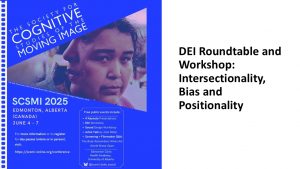
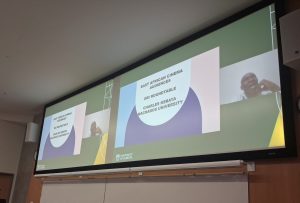
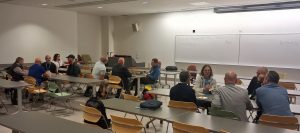
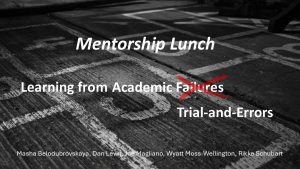
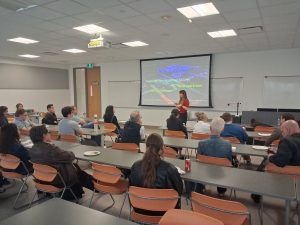
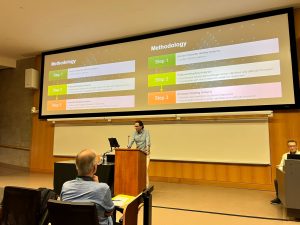
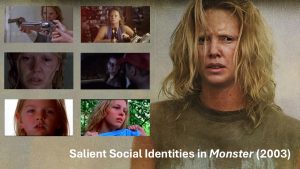
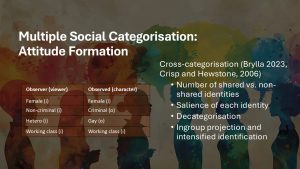



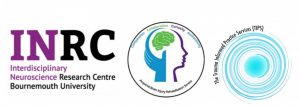 The Acquired Brain Injury Rehabilitation and Adult Neuropsychology Services in Dorset are having their 25 years anniversary which they are celebrating with this conference held in Bournemouth University.
The Acquired Brain Injury Rehabilitation and Adult Neuropsychology Services in Dorset are having their 25 years anniversary which they are celebrating with this conference held in Bournemouth University.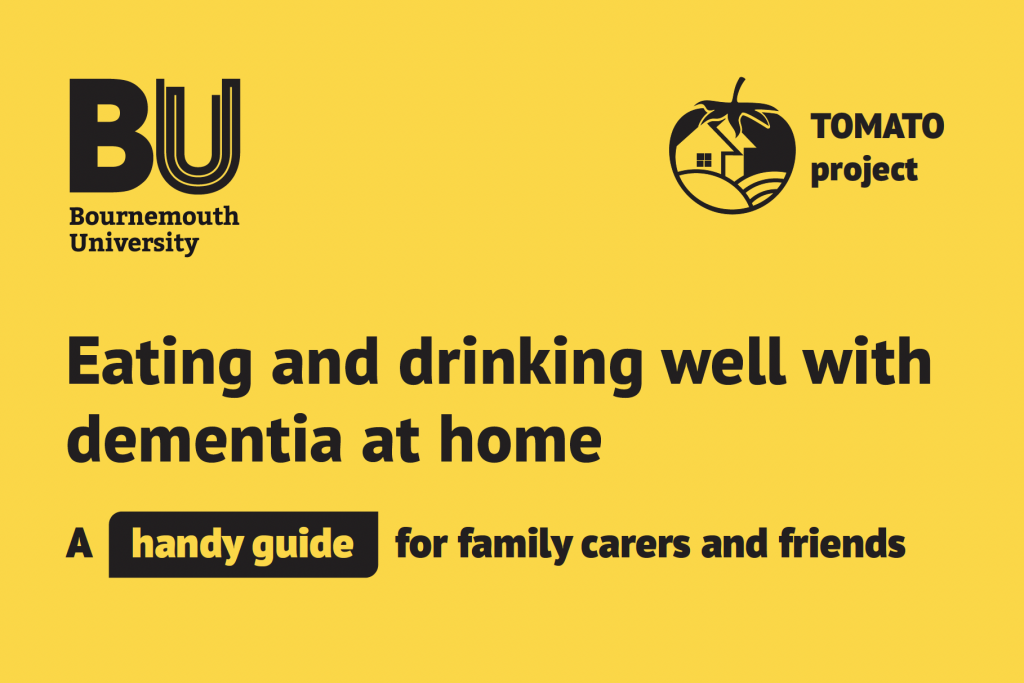
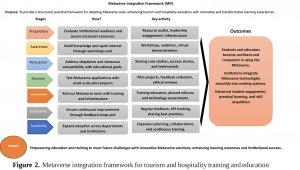


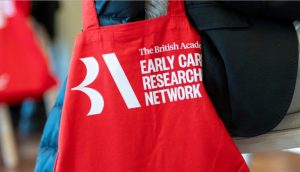
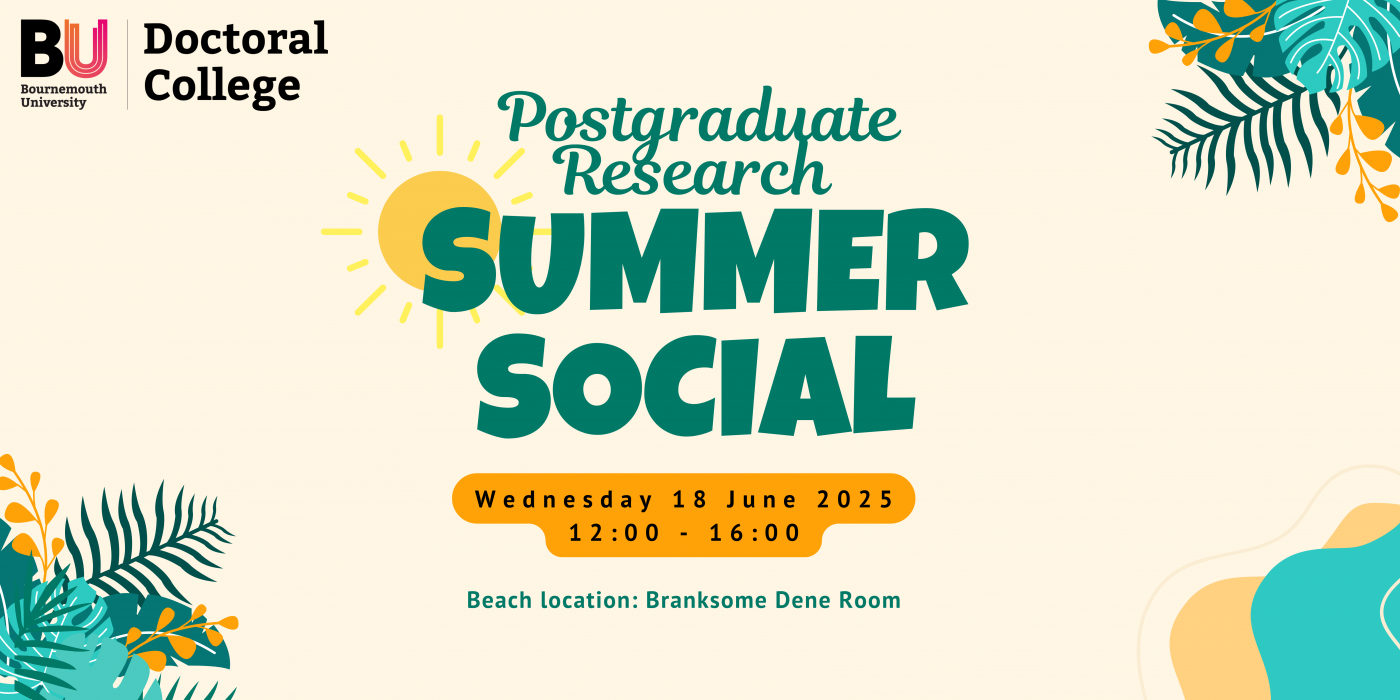














 Dr. Ashraf cited on ‘Modest Fashion’ in The Guardian
Dr. Ashraf cited on ‘Modest Fashion’ in The Guardian NIHR-funded research launches website
NIHR-funded research launches website Academics write for newspaper in Nepal
Academics write for newspaper in Nepal New paper published on disability in women & girls
New paper published on disability in women & girls MSCA Postdoctoral Fellowships 2025 Call
MSCA Postdoctoral Fellowships 2025 Call ERC Advanced Grant 2025 Webinar
ERC Advanced Grant 2025 Webinar Horizon Europe Work Programme 2025 Published
Horizon Europe Work Programme 2025 Published Horizon Europe 2025 Work Programme pre-Published
Horizon Europe 2025 Work Programme pre-Published Update on UKRO services
Update on UKRO services European research project exploring use of ‘virtual twins’ to better manage metabolic associated fatty liver disease
European research project exploring use of ‘virtual twins’ to better manage metabolic associated fatty liver disease